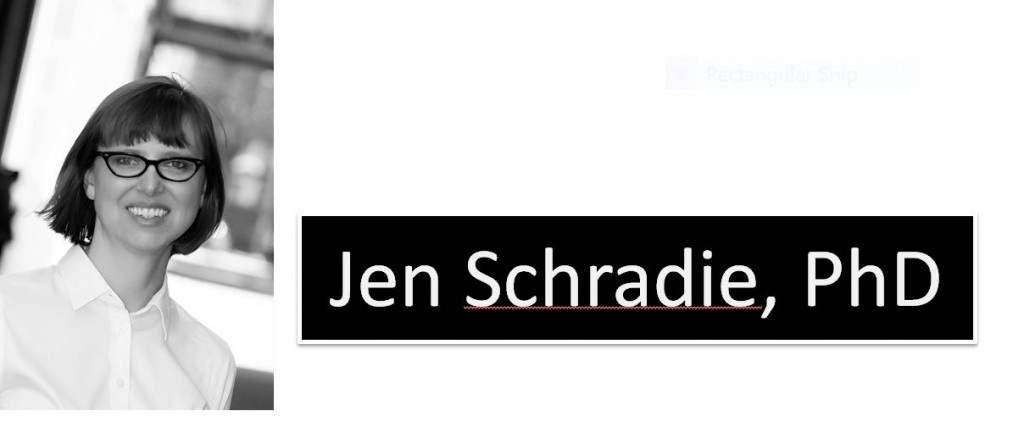Teaching Experience
My broad and varied teaching experience reflects my pedagogical belief that students learn about social theories more thoroughly when integrating experiential projects into the curriculum. Here are some examples of how I have implemented this pedagogy:
- UC Berkeley students experience a day without their smart phones and laptops by taking the bus to use the Internet on computers at an Oakland public library: to learn about the digital divide and stratification.
- Harvard undergraduates photograph union protests: to learn about labor movements and its role in the economic system.
- Duke Medical students volunteer in community-run health clinics in poor, rural areas: to learn about the inequitable health care system
Course Development and Lead Instructor
I developed a new course at UC Berkeley entitled “Digital Activism in a Societal Context.” My syllabus underwent a rigorous review process under the American Cultures Division, as these courses are the only classes required for all undergraduates, to ensure a deep understanding of the American diversity. I incorporated a number of hands-on digital projects and field trips, thus illuminating the theoretical underpinnings of stratification and social movements, all with an eye toward race and class analysis. For instance, the students observed live-Tweets during a protest and wrote up an analysis based on course readings. As the lead instructor for the class, I situated students’ own experiences with offline social movements, as well as online digital activism to learn about the relationship between democracy and technology in American political movements. As one student said in her evaluation, “The use of different media and real-time examples were integral in helping to understand the concepts.”
Teaching Fellow and Graduate Student Instructor
Last spring, I taught with sociologist Jenna Burrell in a UC Berkeley iSchool course entitled, “Social and Organizational Issues of Information,” in which I contributed to developing learning objectives, course theories and class readings, as well as lectured in class. Also, as a Teaching Fellow at Harvard University with a course, “Documenting Social Problems with Documentary Film and Photography.” I used my expertise in ethnographic research methods and film production to guide students to choose course projects that were grounded in sociological theory, as well as those that would benefit from visual sociology. Finally, at Duke University Medical School, I did more than develop the syllabus and co-teach a course to medical students. I coordinated their volunteering at a health clinic in this course on racism and inequality in health access in rural areas of the South. As a result of this integration of practice and theory, the students, mostly white and middle to upper class, were able to connect their clinical experiences in the poor, rural African-American communities with the readings and discussions on inequality.
Mentor
One of the reasons I am an academic is to teach and share my passion for research. I served as a mentor in four programs at UC Berkeley. First, I have been a mentor for 11 students as part of the University Research Assistant Program for undergraduates. In this capacity, I train students on online data collection methods, including Big Data scraping techniques, the use of qualitative coding software, as well as the theories behind research methods. I encourage the students to use the data they collected in their own independent projects. Next, I participate in the Undergraduate Honors Mentoring Program in which I provided guidance to student research, analysis and theories involved in an honors’ thesis project. This past year, I encouraged a student submit his paper to the American Sociological Association annual conference, which was accepted this past year. In addition, I was chosen as a Fellow in the UC Berkeley launch of the Student Mentoring and Research Teams program. I participated in a semester-long course to learn and share strategies in mentoring, as well as received funding to hire and train an undergraduate research assistant. I was also selected this year as a Fellow in a new program “Berkeley Connect” to provide more personal support to undergraduate sociology majors. I have also supervised three graduate students on my doctoral research. Before graduate school, I also mentored undergraduate, masters, PhD and graduate students conducting research projects in conjunction with community organizing around worker health and safety, environmental contamination, and health care access.
Documentary Film Education
While on a national documentary film tour in 2000 for “The Golf War: a story of land, golf and revolution,” I was invited to lecture in classes at Boston University, Columbia University, Hunter College, Michigan State University, New York University, Temple University, Tufts University Fletcher School of Law and Diplomacy, UC Irvine, UC Santa Barbara, and the University of Michigan. These lectures ranged from the political economy in the Philippines to documentary film distribution and production techniques.
Finally, I taught classes at the Bay Area Video Coalition from 2001-2003 on how to distribute social issue documentaries. I designed the curriculum for this course that addressed not only the nuts and bolts of film distribution but also an analysis of the media ecology.
